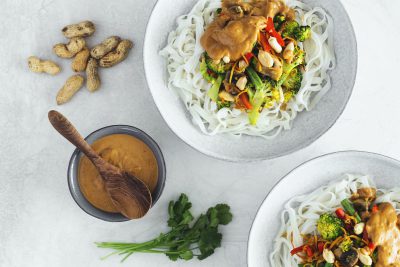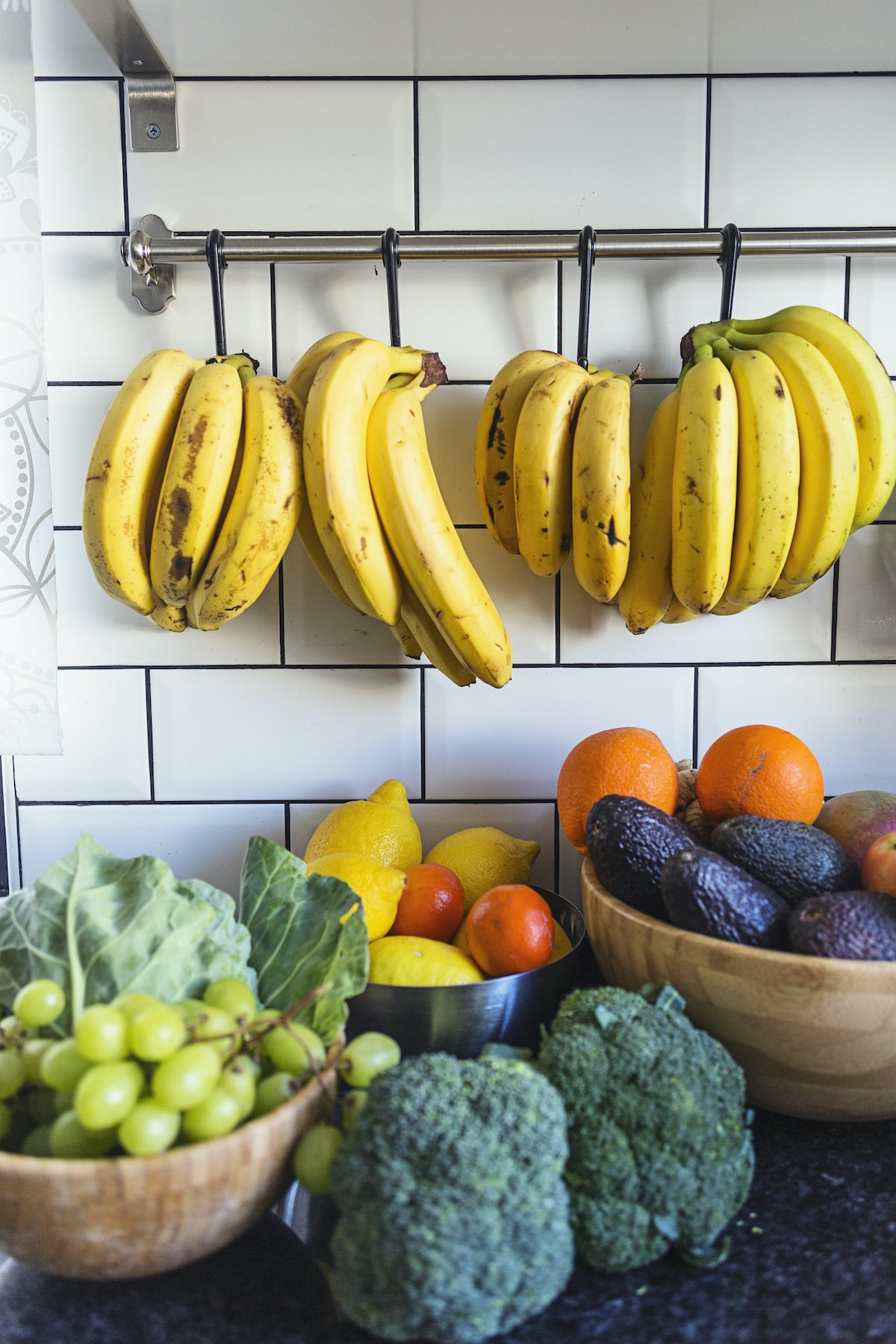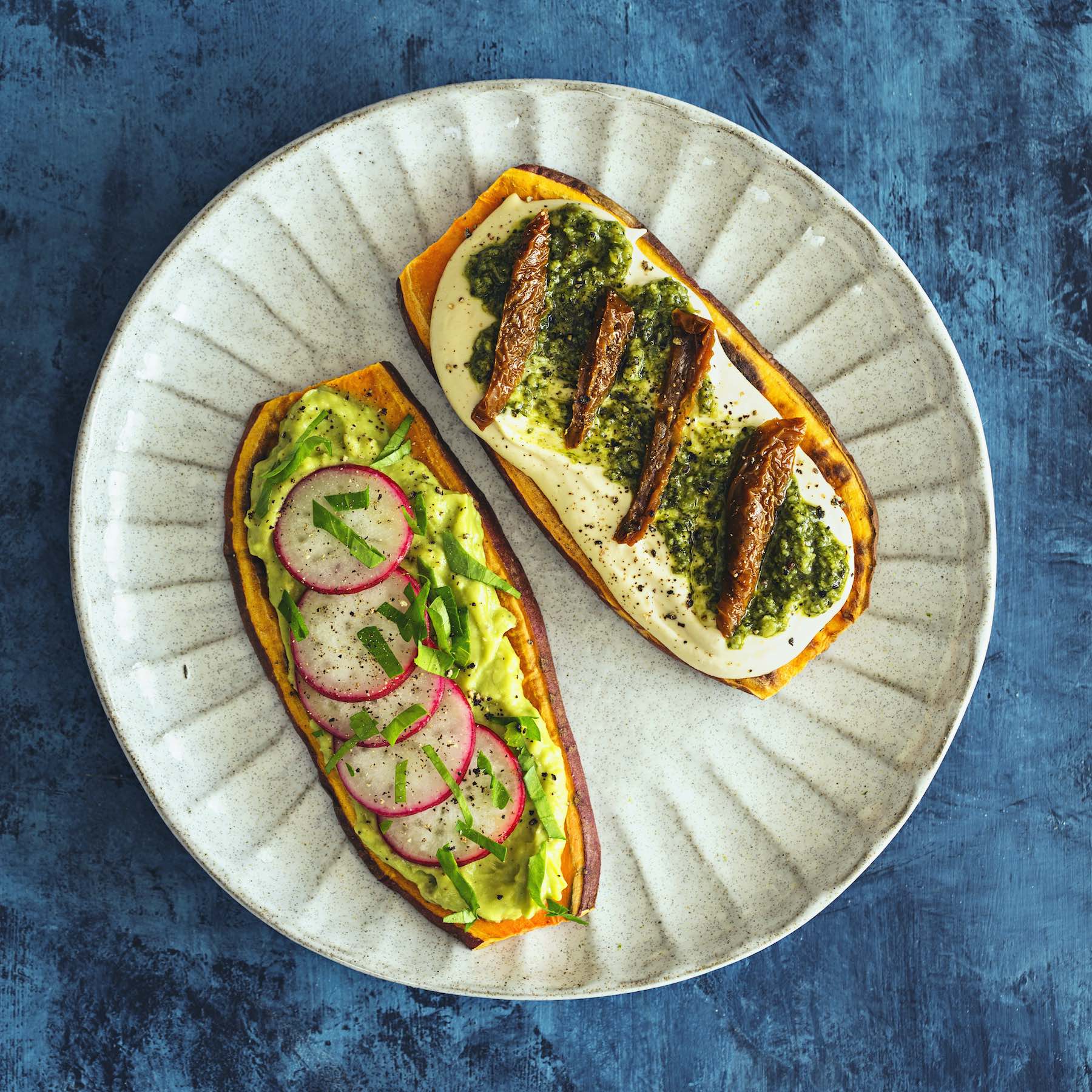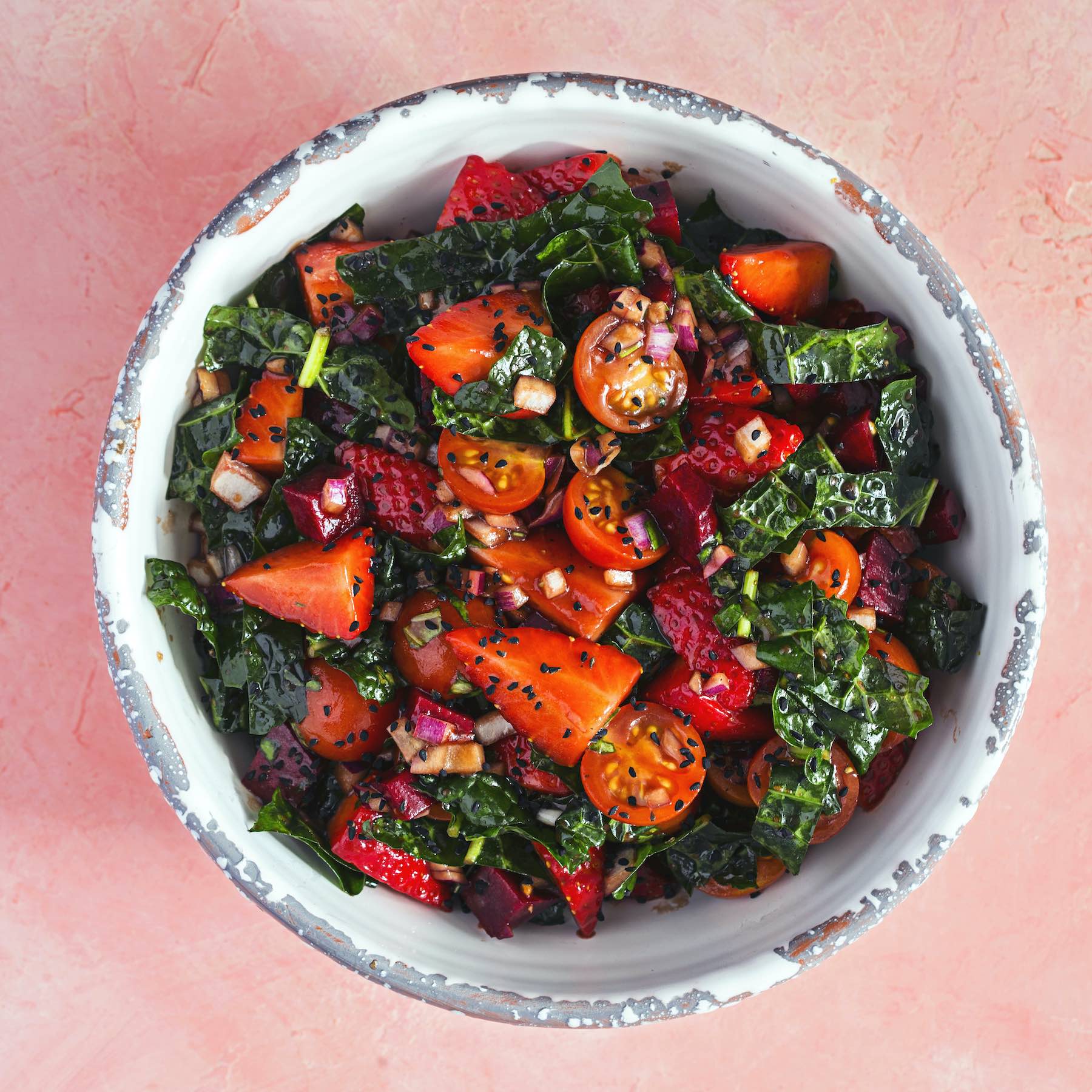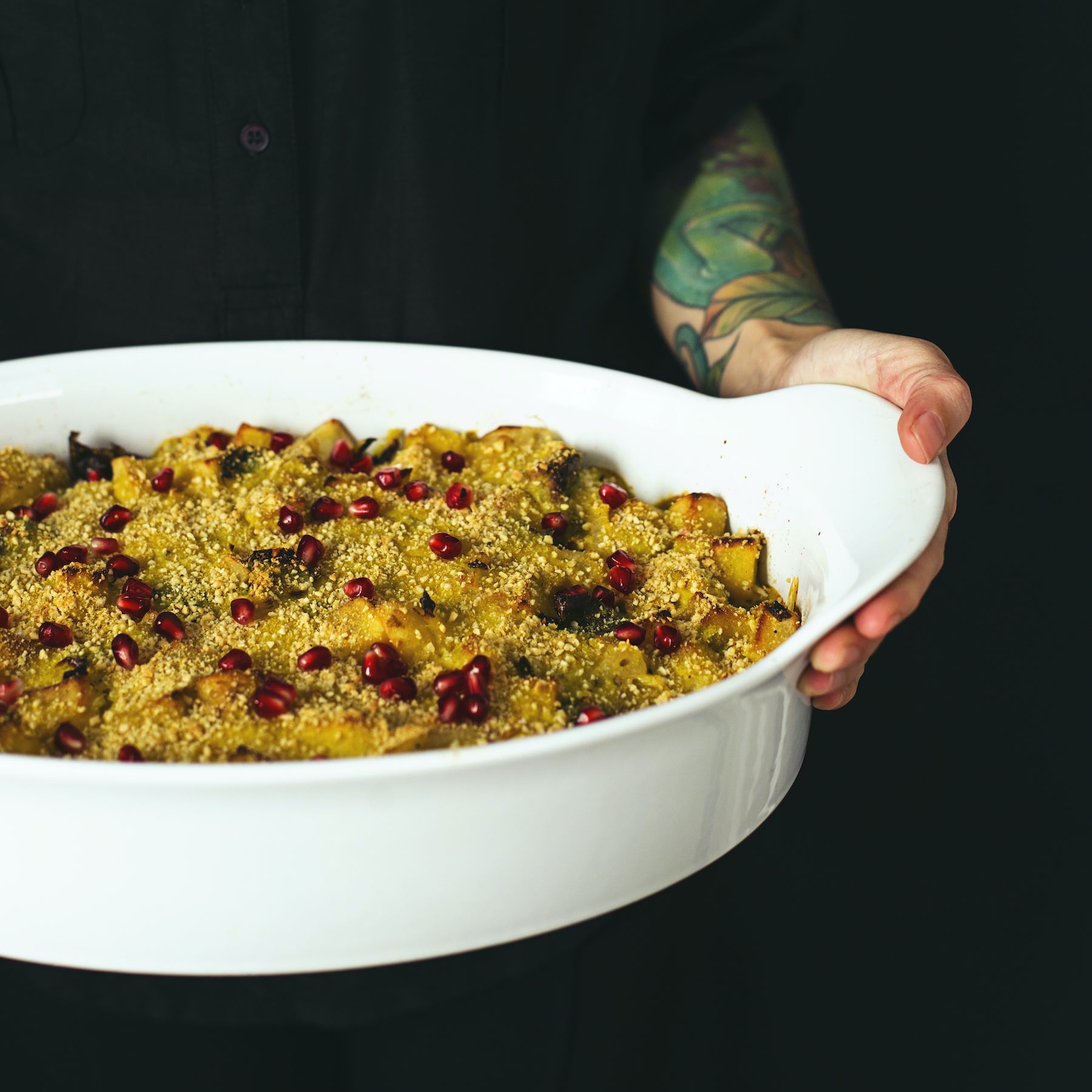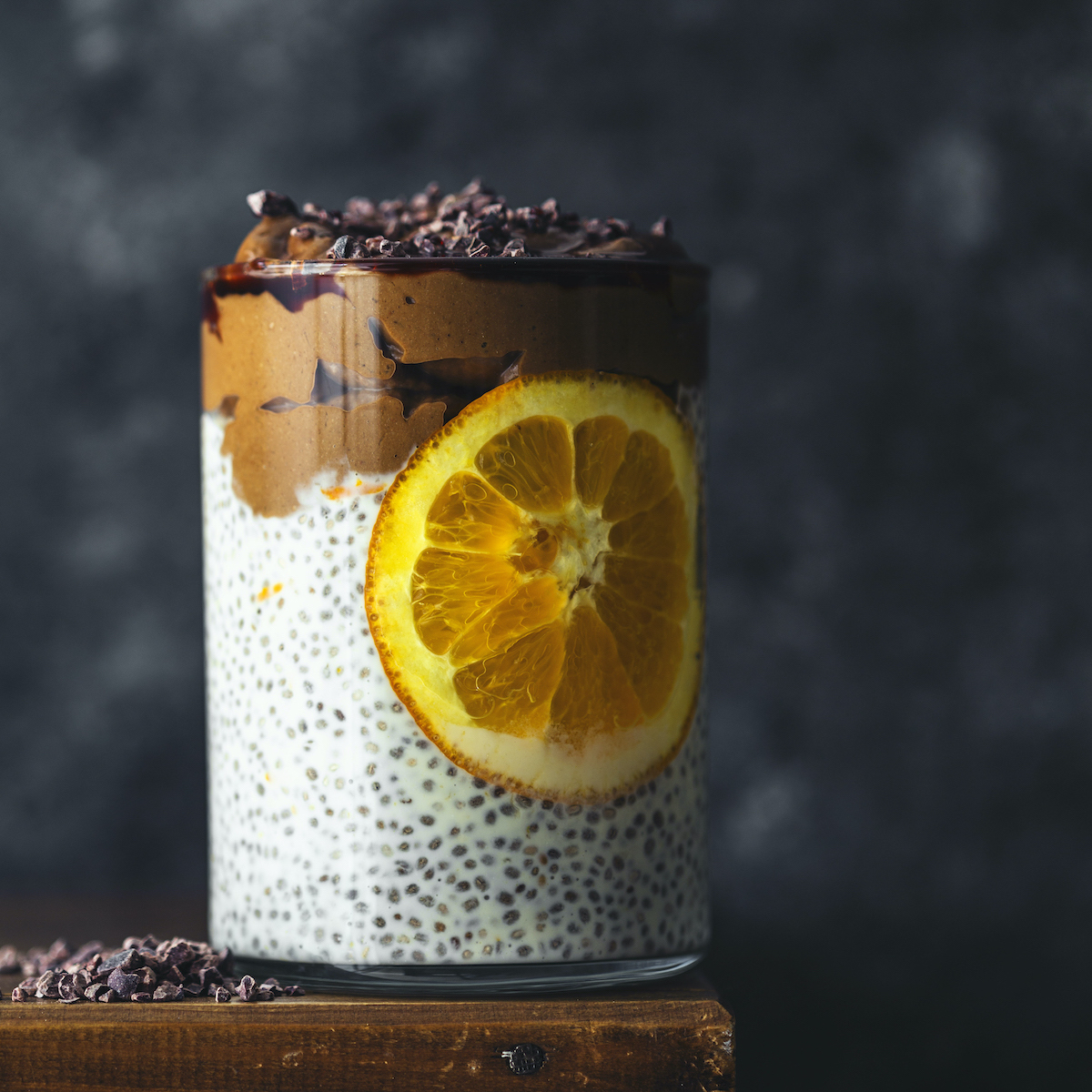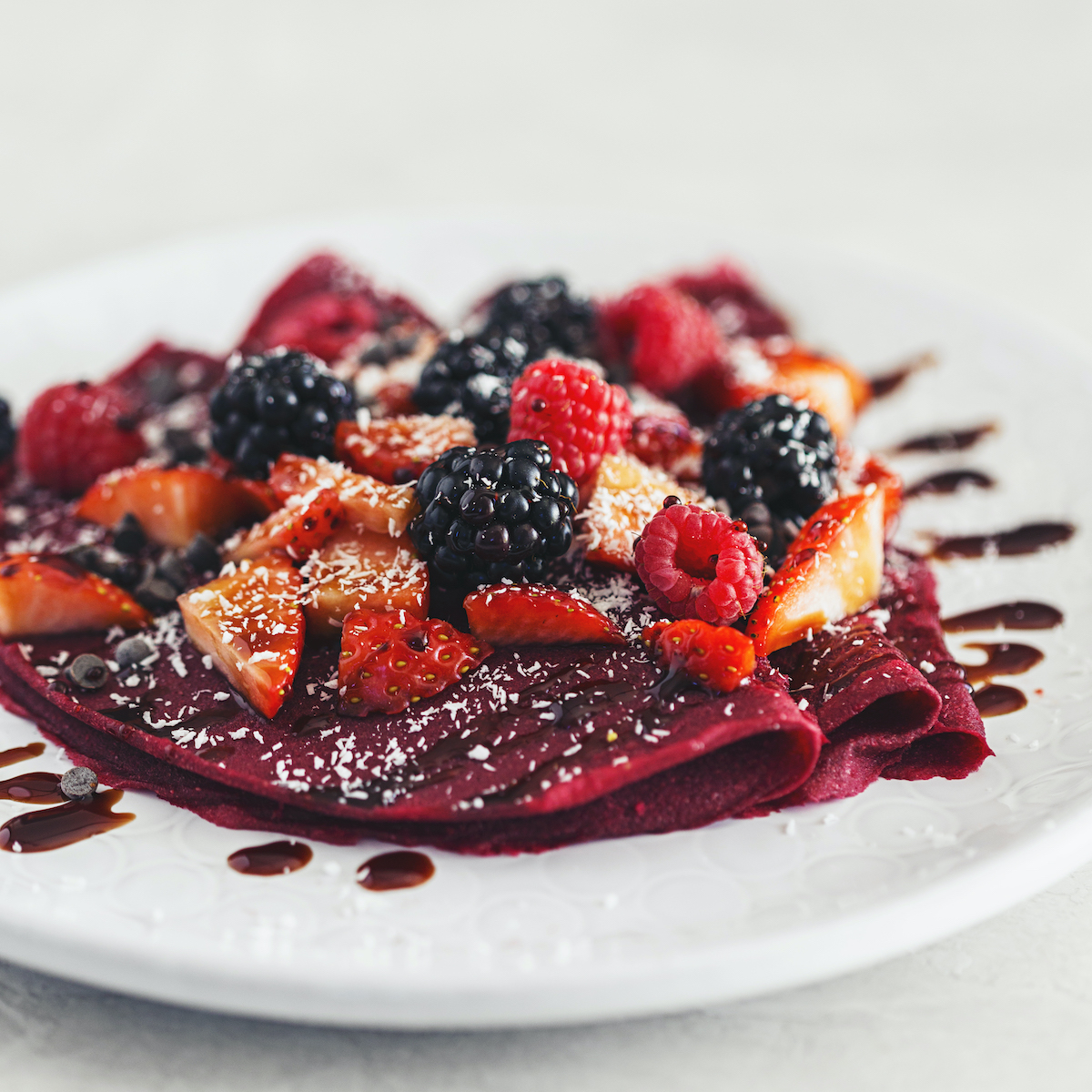Covid-19 has devastated communities worldwide, and although we have a long way to go before we fully understand this virus, scientists know one thing for sure: those with underlying health conditions are more at risk of dying should they become infected.
So, how do we give our bodies the best chance at fighting not just this virus but all the other pathogens that are out there, too?
What Is Our Immune System?
Our immune system is a powerful in-built defender, designed to protect us from bacteria, viruses, fungi, allergens, tumors and toxins that could harm us. It must be powerful enough to see off these invaders, and smart enough to do so without damaging our own healthy cells.
Our immune system is complex and not fully understood. It involves many parts of our bodies, including white blood cells, bone marrow, the lymphatic system, adenoids, and spleen.
And actually, there are two immune systems. We are born with an innate immune system, which involves cells called phagocytes surrounding the invading cells and killing them. We also have an acquired immune system which develops as we grow through life, and creates specific antibodies in response to an invasion. This way they are ready to act should that invader ever attack again.
An underactive immune system leaves us vulnerable to disease, but one that goes into overdrive can also be a problem, and can result in allergies, autoimmune diseases, and chronic inflammation.
What Factors Can Depress Our Immune System?
Dr Leonard Calabrese from The Cleveland Clinic says that our immune system can be dragged down by five things:
- Pollutants (tobacco, drugs, excessive alcohol, and excessive sun exposure without protection)
- Lack of exercise (he says we should exercise for 150 minutes a week)
- Stress
- Poor sleep
- Poor diet
How Does Diet Affect The Immune System
Professor Tim Spector, Professor of Genetic Epidemiology at King’s College London, says research suggests a connection between the bacteria in your gut and the functioning of your immune system. It’s essential that our diet supports these good bacteria, so that they in turn can help protect us. Thankfully, the answer is quite simple: Professor Spector says we need to eat more plants.
Another way diet impacts our immune system is through its important function of stabilising highly reactive molecules, known as free radicals. These unstable molecules are produced by the body as part of normal metabolic processes but also in response to exposure to pollution. High levels of free radicals trigger inflammation and increase ‘oxidative stress’, which is thought to play a role in macular degeneration, cardiovascular disease, certain cancers, emphysema, alcoholism, Alzheimer’s disease, Parkinson’s disease, ulcers and inflammatory diseases, such as arthritis and lupus.
Free radicals are kept in check by antioxidants, which are plentiful in fruits and vegetables, especially the more colored ones.
What Foods Are Bad For Your Immune System?
Some foods known to reduce the diversity of gut bacteria, include ultra-processed foods, sugars, sweeteners and preservatives. The Physicians Committee for Responsible Medicine says we should also avoid red meat, high-fat dairy products, and fried foods as these all reduce the growth of healthy bacteria and enhance the growth of ‘bad’ bacteria.
Does Dieting Lower The Immune System?
Some studies in animals have found that calorie restriction has anti-ageing effects which could help us live longer. But more recently, researchers from Germany found that, while this is true, dieting also leads to a ‘fatal weakening’ of the immune system, which offsets the benefits of slower ageing.
To date, these studies have largely been done in animals. Aside from the cruelty of starving and then deliberately infecting animals with diseases they would not naturally suffer from, these results cannot be relied upon to predict how dieting affects immunity in people. Humans do not react the same as fruit flies, mice and rats. When studies are conducted in people, we will have a better idea of whether calorie restriction boosts health or leaves us vulnerable.
What Can You Eat To Boost Your Immune System?
That’s simple: Plants.
Immunologists agree that increasing your plant intake is key to supporting a healthy immune system. To keep healthy, diverse gut bacteria flourishing, Professor Tim Spector advises that we eat the widest possible variety of plant fibre. He says we should consume 30 different types of fruit and vegetables per week. That’s because different vegetables contain different micronutrients, so it’s not possible to just pick one out. Broccoli is great, but it can’t protect you on its own.
And it’s not just fruits and vegetables. We should be eating wholemeal bread, rice and pasta, and beans and pulses as these also contain fiber that feed the friendly bacteria in the gut (they are ‘prebiotics’). Particularly good sources of prebiotics in plants include Jerusalem artichokes, chicory root, raw dandelion leaves, leeks, onions, garlic, asparagus, spinach, bananas, oats, and soybeans.
Some foods are also ‘probiotics’, which means they help more microbes to grow but as yet it is not known if these really work in practice. Those wishing to try them should look out for fermented foods such as kimchi, sauerkraut, miso, kombucha and tempeh.
But the bottom line is we need to eat a lot more plants. And a wide variety of them.
Do Vitamin Or Herbal Supplements Help?
Immunologists tend to agree that you cannot boost your immune system with a supplement (or even with one particular food). Karen Collins, a Registered Dietitian Nutritionist and Adviser to The American Institute for Cancer Research says: ‘At one time, we thought a few basic nutrients, such as vitamin C, held the key to our antioxidant protection. Research now shows that a wide range of nutrients and natural phytocompounds, like carotenoids and polyphenols, seem to act as antioxidants themselves or trigger body antioxidant defenses and anti-inflammatory signals.’
Similarly, Dr Leonard Calabrese does not advocate vitamins generally, and says that ‘an anti-inflammatory diet is more important’. He recommends ‘a diet of real food, colorful food that has all the daily requirements for vitamins and also has all the additional nutrients and flavonoids that are found in genuine, plant-based eating.’ There is one exception. Dr Calabrese says that there may be a place for vitamin D, as even a modest deficiency can detract from our immune systems.
Vitamin D is known as the sunshine vitamin, as the body can make it when it has exposure to the sun. However, a deficiency is surprisingly common and Dr Calabrese says: ‘I have no problems with anyone taking up to 2000 units of vitamin D a day.’
Benefits Of A Vegan Diet
A whole food plant-based vegan diet contains all the vitamins, minerals and antioxidants we need to support our immune systems and protect our health. And this is why doctors who specialize in immune-related disease, like rheumatologist, Dr Calabrese, recommend a fully plant-based diet.
As a vegan, it is easy to eat 30 different fruits and vegetables a week, and to add in fiber from wholemeal bread, rice and pasta, and to eat a wide variety of delicious legumes, too. But as soon as you add a piece of meat or fish onto a plate, you start to crowd out the vegetables. If you add fries to the plate too, not only are you adding in oil (which can also be a problem for immunity) but it leaves no space for those essential micronutrients that can protect us from invading pathogens. Plus, all processed meats are carcinogenic, while all red meat is classified as ‘probably carcinogenic’, so why introduce these dangers into your body in the hope that your immune system can tackle them?
By putting plants front and center at every meal, you are ensuring that you are feeding your body in an optimal way – a way that will help your immune system stay fighting fit.
This is not just theoretical! The immune system relies on white blood cells that produce antibodies to combat bacteria, viruses, and other invaders. Vegetarians have been shown to have more effective white blood cells when compared to nonvegetarians, due to a high intake of vitamins and low intake of fat.
Conclusion
Supporting your immune system is a lifelong process. Managing stress through walking, meditation, or mindfulness, getting good sleep and plenty of exercise can all play a part. Limiting alcohol, and avoiding drugs and tobacco will also have a positive impact. But we must feed our bodies right, and on this issue, doctors and researchers agree: Our immune systems are best supported by a wholefood plant-based diet.
Sign up to find out more about vegan nutrition, and to get 31 delicious plant-based recipes.
